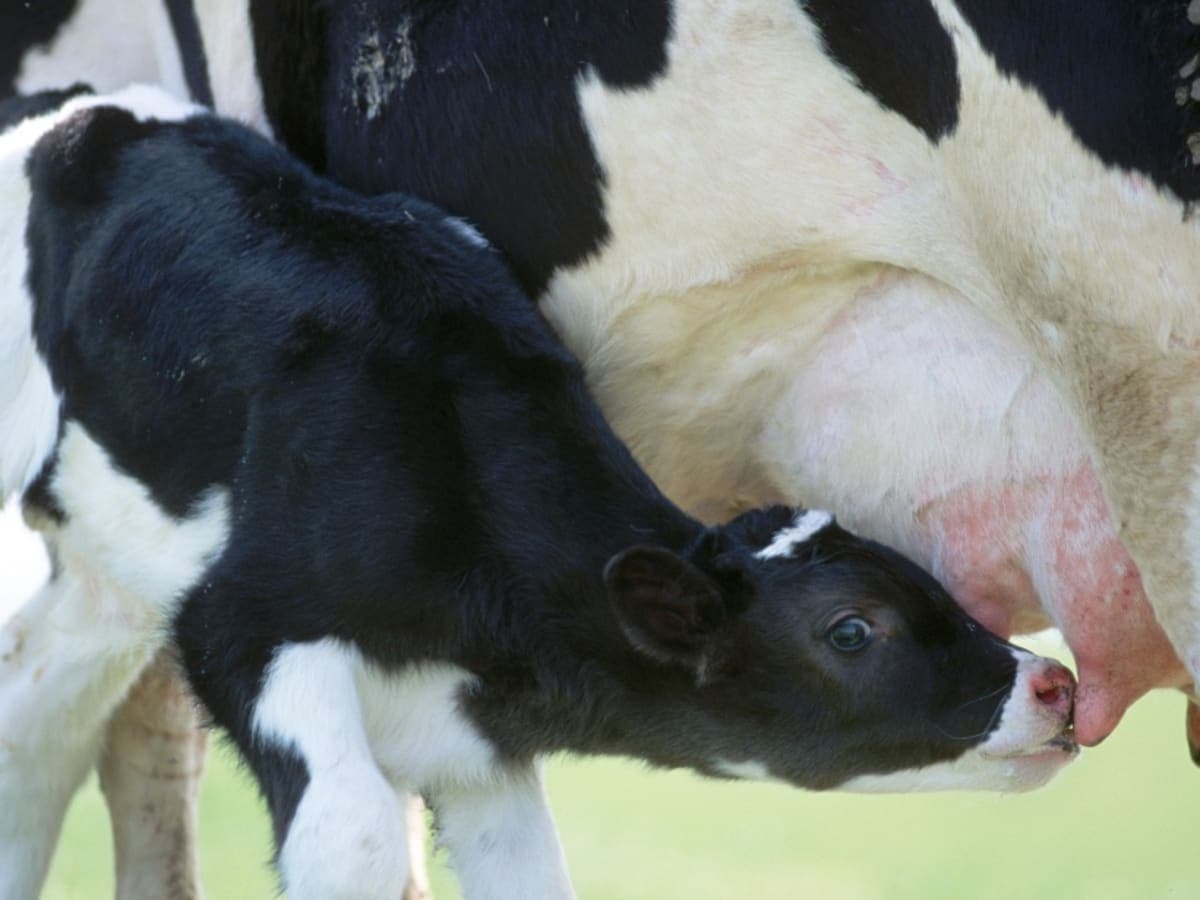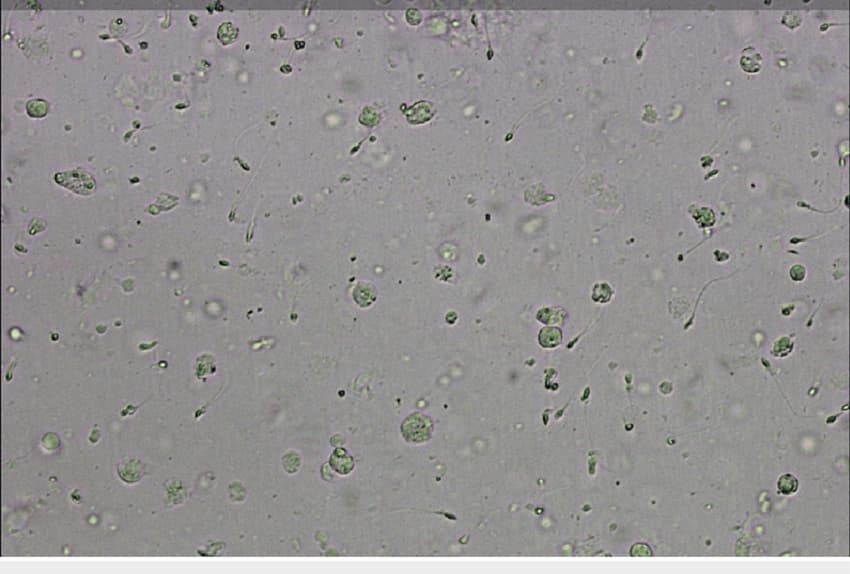Ovulation in dogs is the process of an egg leaving the ovary and is a key stage in their reproductive cycle. Understanding the basic stages and factors that influence ovulation is essential for successful breeding and offspring planning in dogs.
The main stages of ovulation are
Follicular Phase: This stage begins with the activation of follicles in the ovaries under the influence of hormones such as follicle-stimulating hormone (FSH). The follicles begin to develop and produce estrogens, which causes the dog’s body to prepare for ovulation.
Luteinizing Phase: Under the influence of peak levels of LH (luteinizing hormone), the release of a mature egg from the follicle occurs. This event is the point of ovulation, after which the egg is ready to be fertilized.
Postovulatory Phase: After ovulation, the corpus luteum is formed, which produces progesterone, which is necessary to sustain pregnancy. If fertilization does not occur, the corpus luteum is destroyed and a new reproductive cycle begins.
Factors that influence ovulation
Hormonal balance: The levels of hormones such as estrogens, FSH and LH play a key role in regulating ovulation in dogs. Disruptions in hormone balance can lead to ovulation problems.
Sexual activity: A dog’s sexual activity can affect his reproductive cycle and the timing of ovulation. Ovulation usually occurs during or just after a period of sexual arousal.
Age: In dogs, as in other animals, age can affect the regularity and quality of ovulation. In aging bitches, ovulation may become less regular.
Nutrition and Health: A dog’s proper nutrition and overall health play an important role in regulating the reproductive cycle and ovulation. Nutritional deficiencies or the presence of disease can lead to ovulation disorders.
Genetic Factors: Some breeds of dogs may be more prone to ovulation problems due to genetic traits.
Understanding the key milestones and factors that affect ovulation in dogs will help owners and veterinarians effectively plan breeding and manage their pet’s reproductive health.



